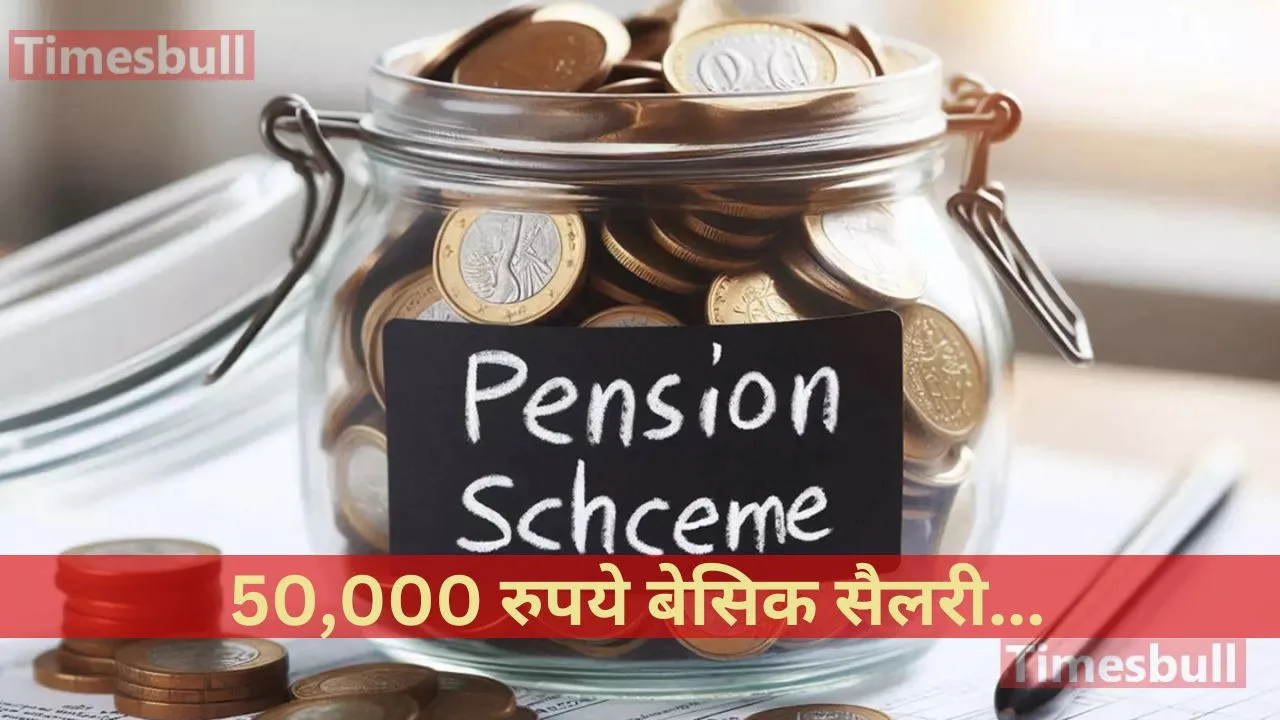The central government has introduced a (UPS) new pension scheme for employees, which is parallel to the National Pension Scheme (NPS). The implementation of this scheme will commence on April 1, 2025, coinciding with the financial year 2026. The central government has announced a scheme to provide government employees with a fixed pension.
Government employees will receive a fixed pension under the Unified Pension Scheme (UPS). In the event of the employee’s death, an Assured Family Pension is also provided. In addition, the employee will receive a minimum assured pension.
What is the Unified Pension Scheme (UPS)?
On Saturday, the Unified Pension Scheme got approval from the Cabinet. Under UPS, retired employees will now receive a fixed pension equal to 50% of their average basic salary of 12 months. To receive this pension, employees must serve 25 years. In the event of the employee’s death, the family will receive a fixed pension equivalent to 60 percent of the retired government employee’s pension.
Additionally, those who work for just 10 years will receive a minimum assured pension of at least Rs 10,000.
Who will benefit from this?
Under the Unified Pension Scheme, about 23 lakh central government employees will get the benefit. Even if state governments implement this scheme, they will still receive its benefits. By guaranteeing fixed pensions and family pensions, the Unified Pension Scheme, or UPS, aims to improve financial security for government employees. In addition, this scheme includes a provision for pension increases in response to inflation.
You should choose one among UPS and NPS. If you select UPS once, you will never be able to choose NPS. If you choose the option of NPS, you will never be able to select the option of UPS.
What is the required contribution to UPS?
The government’s scheme requires salary contributions, similar to NPS. Under UPS, government employees will contribute 10 percent, the same amount as under NPS. However, the government has increased its contribution to UPS from 14 percent to 18.5 percent. This means that employees can get a decent pension after retirement.
If the basic salary is 50 thousand, then how much pension will be given?
According to this scheme, upon retirement, employees will receive a pension equal to 50% of their average basic salary for the previous 12 months. If we calculate it this way, then if you are a government employee and you choose the UPS option instead of NPS and your average basic pay of the last 12 months is Rs 50,000, then under this scheme, you will get a pension of Rs 25,000 every month after retirement. However, the scheme will separately add Dearness Relief (DR) after this point.
On the other hand, if an employee passes away and receives a pension of Rs 30,000 per month, the family’s pension for that month will be Rs 18,000 due to a provision that allows the family to receive 60 percent of the employee’s final pension.
